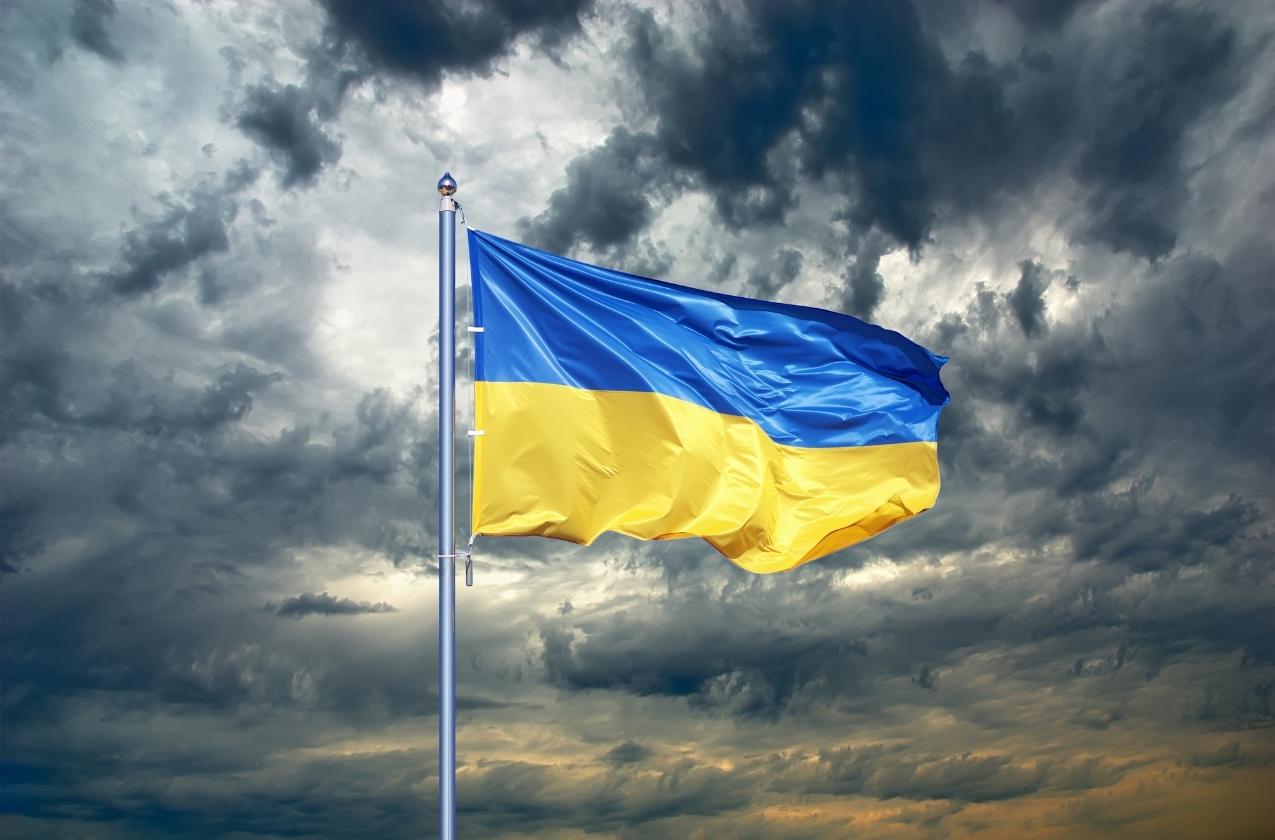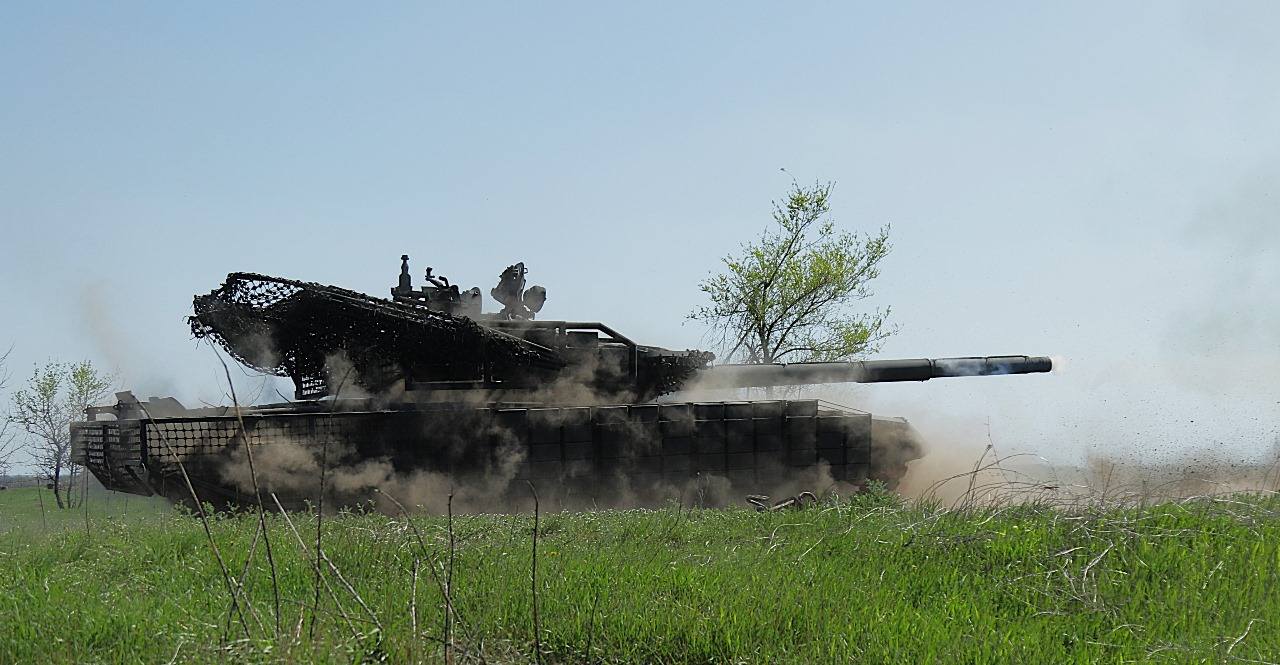The Ukrainian economy in 2020 experienced an atypical crisis in its history. COVID-19 epidemic in the Country was burdened by political shocks in the form of controversial lockdowns and the interruption of the IMF credit line. Will 2021 bring recovery?
The black swan of the corona crisis bit Ukraine's economy in March 2020. The hryvnia was immediately among the most devaluing currencies in the world, while in 2019, by contrast, was in the top in terms of revaluation. Parliament approved changes to the 2020 State budget, increasing the deficit from 2% to 7.5%. This drove the Country into an economic stalemate amid falling GDP in the second quarter by 11.4%. During the year, two finance ministers changed in Ukraine. All experts revised the macro forecast for 2020 for the worse.
Increased pre-crisis demand for domestic government bonds (IGLBs) played a nasty joke on President Zelensky's ruling party. Bankova calculated that they would do without the help of the International Monetary Fund (IMF) and would be able to borrow money long and cheaply through the sale of IGLBs. Therefore, the authorities did not bother to comply with the terms of the loan programme. But things changed dramatically after the start of the COVID-19 pandemic, which provoked the flight of investors from the securities of developing countries such as Ukraine. Sources of financing the state budget expenditures in the peak year for the payment of public debt have been closed.
In Ukraine, the National Bank was involved in solving the problem, and the authorities began to push for the possibility of unsecured issues to finance the budget deficit. A discussion on this topic has started among experts. Former head of the NBU Jacob Smoliy said that they are categorically against any issue, because it will have a catastrophic impact on the macro-financial stability of the Country. At the same time, the regulator began issuing long-term refinancing loans to banks secured by IGLBs, which opened up a market opportunity to cover state budget expenditures through the liquidity of the banking system. At the same time, the NBU continued to clearly oppose the additional issue of the hryvnia through the direct redemption of IGLBs into its portfolio. But commercial banks were in no hurry to actively use long-term refinancing, and at this time the budget crisis was already looming.

Under pressure from the business community and the media, the authorities have turned on the turbo regime to meet two key IMF structural beacons as opposed to the oligarchic lobby in the Verkhovna Rada. The adoption of a law on the land market and banks, the so-called anti-Kolomoisky law, that PrivatBank will not be returned to its former owners: Igor Kolomoisky and Gennady Bogolyubov.
Both laws, despite strong opposition, were passed, so within two weeks the IMF's board of directors approved a new $ 5 billion stand-by programme for Ukraine. The next day, June 10, Ukraine received the first tranche of $ 2.1 billion. nullified the probability of Ukraine's default.
But on June 11, the Verkhovna Rada Committee on Finance began considering a resolution drafted by Oleksandr Dubynskyi, a deputy close to the oligarch Kolomoisky, against the then head of the NBU, Yakov Smoliy. On July 1, Smoliy announced his resignation due to political pressure.
On July 16, Kirill Shevchenko, Chairman of the Board of Ukrgasbank, was appointed to replace Smoliy. After Shevchenko's appointment to the NBU, a number of personnel changes began both in the board and at the level of department heads. Despite Shevchenko's statements that he would continue the policy of the previous NBU board, the IMF paused the current program for Ukraine. A blow to the NBU's institutional independence was the decision of its council to reprimand and distrust the two technocrats on the central bank's board, Kateryna Rozhkova and Dmytro Sologub. After that, the NBU redistributed the organisational structure, as a result of which the main powers, in particular, from banking supervision passed from Rozhkova to Shevchenko.

An attempt was made to curtail corporate reform in Ukraine and oust foreign companies and banks from the supervisory boards (NA). Salaries in supervisory boards from April 1 were limited to ten times the minimum salary of 47 thousand UAH per month. And in the information field, at the request of President Zelensky, the narrative "to observe is more profitable than to work" began to take root.
But Ukraine's biggest problems have been the failure of anti-corruption policies and judicial reform. Attempts to dismiss the head of the National Anti-Corruption Bureau of Ukraine Artem Sytnyk and the appointment of the SAP leadership are half the battle. The Constitutional Court of Ukraine went further than the Servants of the People and made a decision by which it curtailed all anti-corruption reform in Ukraine.
The decision of the Constitutional Court seemed to sober up the executive branch and push for more decisive steps towards the IMF.
The head of the NBU Kirill Shevchenko went to Washington, where he met with the head of the IMF mission in Ukraine Ivanna Vladkova Gollar. Then the NBU Board changed the organizational structure again so that the powers were evenly distributed among the members of the Board.
The Ministry of Finance was able to agree with the Fund on the draft state budget 2021, reducing the deficit.
Parliament adopted the 2021 state budget at a meeting on December 15. The budget is based on the macro forecast of the Cabinet of Ministers, which states that in 2021: nominal GDP will be 4.5 trillion hryvnias, and its real growth - 4.6%, inflation will be at 7.3%, the average monthly official salary will reach 13.6 UAH thousand, the unemployment rate - 9.2%, exports will increase by 2.9% and imports - by 10.6%. Note that Ukraine ended 2020 with a record low NBU rate of 6%. And the hryvnia exchange rate broke the level of UAH 28 / $ for the first time since March, updating the two-year minimum - UAH 28.62 / $ in early November.
In fact, immediately after the adoption of the 2021 state budget, the EU provided macro-financial assistance to Ukraine in the amount of 600 million euros, and the Ministry of Finance placed Eurobonds. The World Bank also approved a $ 300 million loan to Ukraine. These positive signals returned the demand for IGLBs to the Ministry of Finance. All these events helped to resolve the issue with the crisis of the 2020 state budget. The Verkhovna Rada also accepted, and President Volodymyr Zelensky signed a law returning the mandatory electronic declaration, which was repealed by the Constitutional Court. In addition, a new official stage of negotiations with the IMF has begun in Ukraine, the mission of which began working in Ukraine online on December 21 and will continue in January 2021.
Most experts focused on the baseline scenario, some assessed the positive and pessimistic options for Ukraine's economic development.
Source: HB





















